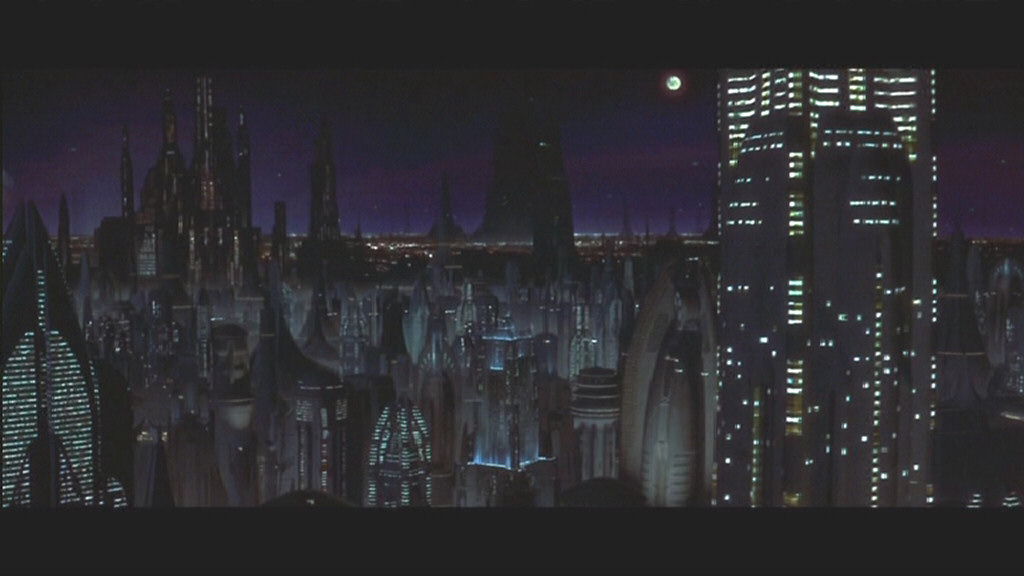The idea of everyday citizens doing genetic experiments in their own home is not something that I thought was possible a week ago, but after the readings so far in BioPunk my perception has changed. It would be an interesting scenario if my roommate decided to start his own genetic experiments in our apartment. I'd have to say that my main concern first and foremost would be that he would keep the experiments confined to his room for the most part, so as to keep the apartment tidy.
As for how I would personally feel about his decision to partake in this experiment, I would probably be supportive. I never realized how it was everyday people instead of scientists and engineers who took the early computer and made the first steps to what would become the types of personal computers that we have today. If that was possible by non-scientists then there are all kinds of possibilities with genetics outside of the official laboratory. So I would be very interested in the experiments and results that my roommate was recording and I would possibly participate. Though I would probably have a minimal role, since I barely have time to do my work now, let alone for something that is completely optional.
Now this isn't to say I would be ok with everything that my roommate would be doing with these experiments. If he decided to start bringing in animals from the street and killing them for research purposes, then I would likely object. An experiment in good taste and a clear hypothesis would be something I would support.
Sunday, October 28, 2012
Monday, October 22, 2012
The Last Frontier
There are endless possibilities that exist in the universe. It's a space of practically endless size that we will most likely never fully understand but that hasn't stopped the pursuit of that knowledge. People have spent most of their lives trying to learn about the universe and it's not only scientists and astronomers, but also regular citizens. Citizens are able to help uncover information about space by using websites like zooniverse.org. A project that I tried to participate in through this site was called Planet Hunters. When doing this people are measuring the brightness of stars to see if there are any major drops. When drops occur, it indicates that a planet has passed in front of the star. Honestly when I attempted to gather data through this project I was overwhelmed with what I was supposed to be trying to see. I think given more time I would be able to understand the data more clearly and be able to give a more meaningful contribution to this project.
Saturday, October 13, 2012
The Clash of the Fantastic
In one corner you have the lovers of science-fiction, and in the other you have the lovers of fantasy. There may be one corner that you lean to, or maybe you like both equally. Or maybe still you don't care for either of these genres of entertainment. I enjoy content from both of these genres and I'm not sure that I could pick a favorite, but it seems that sci-fi authors such as David Brin believe that many people today prefer the possibilities that fantasy offers, rather than the possibilities of science-fiction.
The one main reason why I think that there is this gravitation towards fantasy, is because of its accessibility. It doesn't take much to grasp the concepts that fantasy stories relay. Vampires, zombies, and wizards; its not very hard to understand what these things are and how they came to be. Juxtapose that with the possibilities of time travel and all the physics that come along with that and it would be a little bit more complicated to fully understand. Also I think that the time of introduction plays a critical part in the popularity of fantasy stories. We're introduced to zombies, elves and the wolf man, etc at an early age where our imaginations are much more active. I think the bonds that were built with these creatures then would have been able to persist to the point of prominence that they have reached in some of our lives.
Saturday, October 6, 2012
What Could've Been
The Wonderful Future That Never Was is centered around imagining what kind of technology mankind would be able to implement in the future. One thing that stuck out to me about the book was the section about the cities of the future. It seems that the people in the 20th century were infatuated with the ideas of cities reminiscent of Coruscant, with towering skyscrapers and flying cars. I think the people of that time certainly had the "bigger is better'"attitude. Something that sticks out to me quite prominently is the 1928 prediction of cities with different levels. There was a separate level for restaurants, schools, offices, aircraft landing fields, pedestrians, slow motor traffic and fast motor traffic. This is something that would be cool to see in reality, though I don't know how plausible the underground levels would be with todays cars because of the risk associated with exhaust fumes.
Subscribe to:
Posts (Atom)


